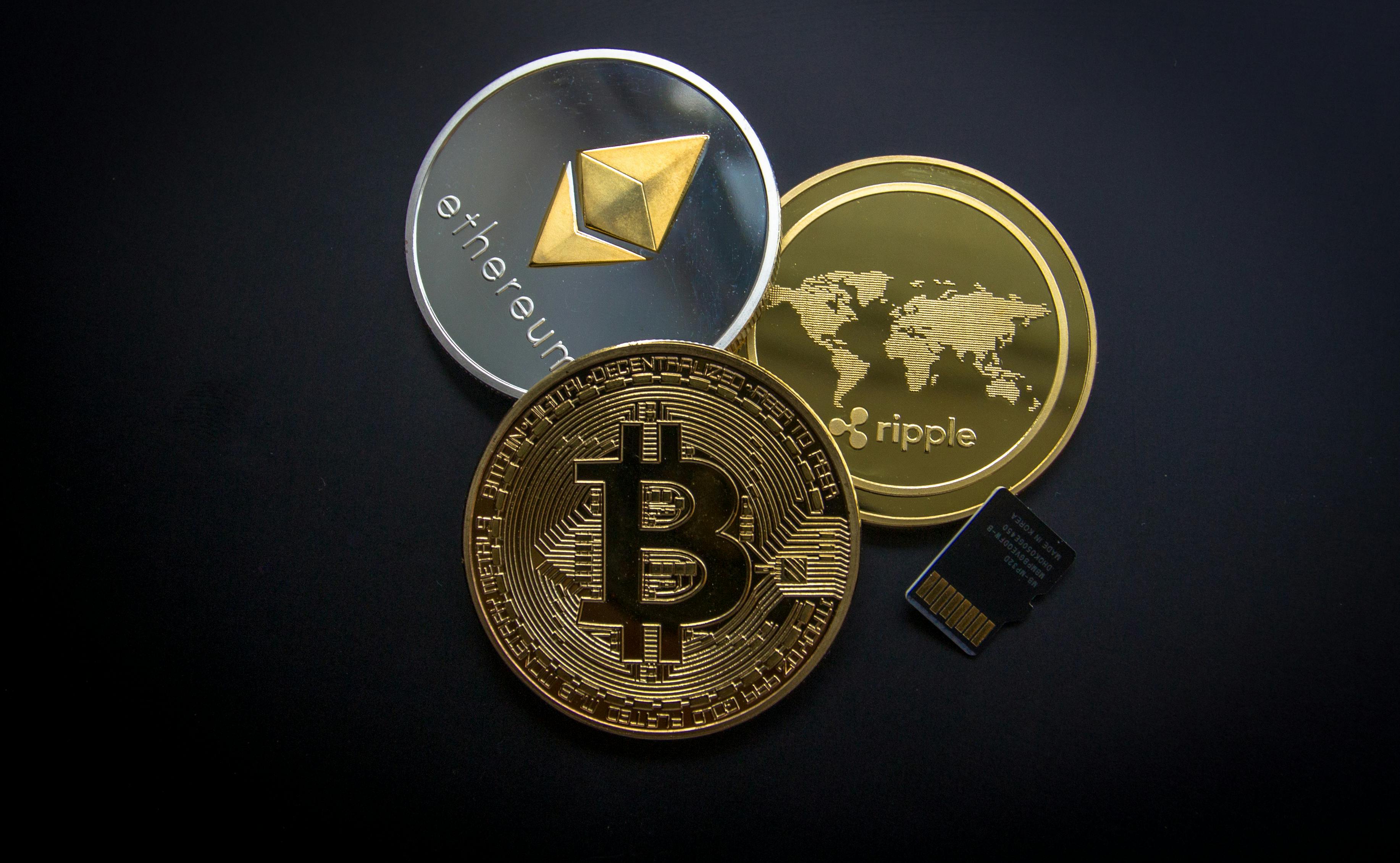
Blockchain's Revolutionary Impact on Commodity Markets: A Comprehensive Analysis
Blockchain's Revolutionary Impact on Commodity Markets
Introduction to Blockchain in Commodity Trading
The convergence of blockchain technology and commodity markets represents a paradigm shift in how traditional trading infrastructures operate. Decentralized technologies are fundamentally restructuring the centuries-old commodity trading landscape, introducing unprecedented levels of transparency, efficiency, and accessibility.
Technological Foundations of Blockchain in Commodities
Blockchain technology enables a transformative approach to commodity trading by creating immutable, transparent, and secure transaction records. Through cryptographic protocols, smart contracts, and distributed ledger technologies, commodity markets can now overcome longstanding challenges related to intermediation, verification, and settlement processes.
Key Innovative Protocols in Commodity Tokenization
1. Centrifuge Protocol
Centrifuge represents a pioneering platform for real-world asset tokenization, enabling precise fractional ownership of commodities through blockchain infrastructure. Their innovative approach allows granular investment opportunities across diverse commodity classes.
2. Maple Finance
Specializing in institutional lending and commodity-backed financial products, Maple Finance demonstrates how blockchain can create sophisticated, compliant investment mechanisms for professional market participants.
Global Regulatory Landscape
The regulatory environment surrounding blockchain-based commodity trading varies significantly across jurisdictions. Jurisdictions like Switzerland and Liechtenstein have emerged as progressive regulatory environments, providing clear frameworks for digital asset integration.
Comparative Regulatory Analysis
| Jurisdiction | Regulatory Approach | Tokenization Friendliness |
|---|---|---|
| Switzerland | Highly Progressive | Excellent |
| Cayman Islands | Flexible | Very Good |
| United States | Complex Regulations | Moderate |
| British Virgin Islands | Open Framework | Good |
Market Statistics and Trends
According to recent market analysis from McKinsey & Company, blockchain-enabled commodity trading platforms are projected to manage over $500 billion in tokenized assets by 2025. This represents a substantial growth trajectory, indicating significant institutional interest and technological maturity.
Technical Challenges and Solutions
Implementing blockchain in commodity markets requires addressing complex technical challenges, including interoperability, scalability, and secure oracle integration. Advanced cryptographic techniques and layer-2 scaling solutions are progressively mitigating these technological barriers.
Future Implications
The long-term implications of blockchain integration in commodity markets extend far beyond transactional efficiency. We anticipate a comprehensive restructuring of global trade infrastructure, with decentralized technologies enabling more direct, transparent, and accessible commodity investment mechanisms.
RWA.codes: Enabling Blockchain Commodity Solutions
At RWA.codes, we specialize in developing sophisticated blockchain infrastructures tailored to commodity market requirements. Our expertise spans legal compliance, technical architecture, and strategic implementation across multiple global jurisdictions.
Our comprehensive service offerings include:
- Custom blockchain platform development
- Regulatory compliance consulting
- Smart contract engineering
- Tokenization strategy design
- Advanced security architecture
References:
- McKinsey & Company Blockchain Report 2023
- World Economic Forum Digital Assets Research
- International Monetary Fund Fintech Analyses